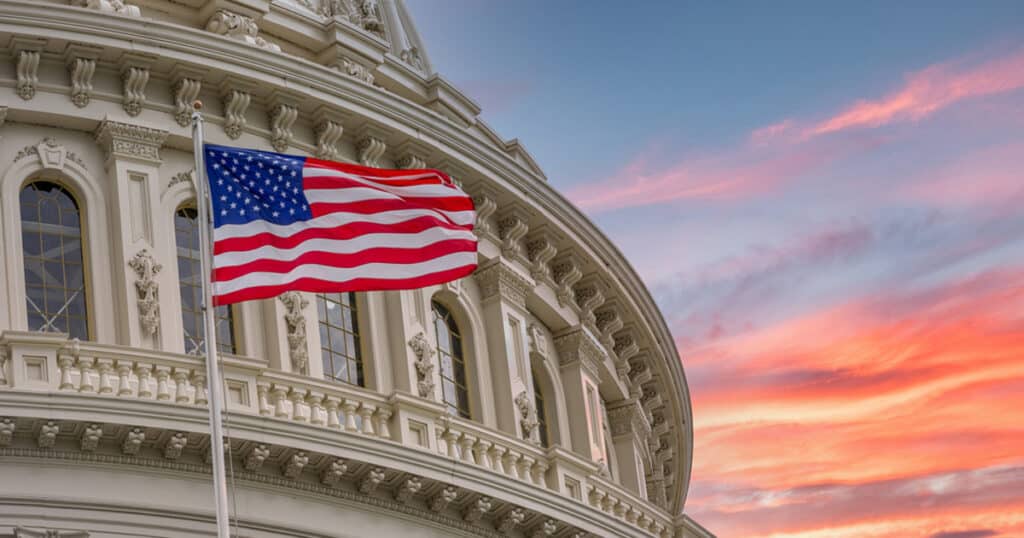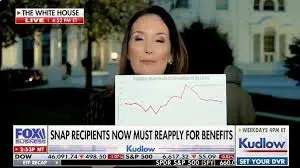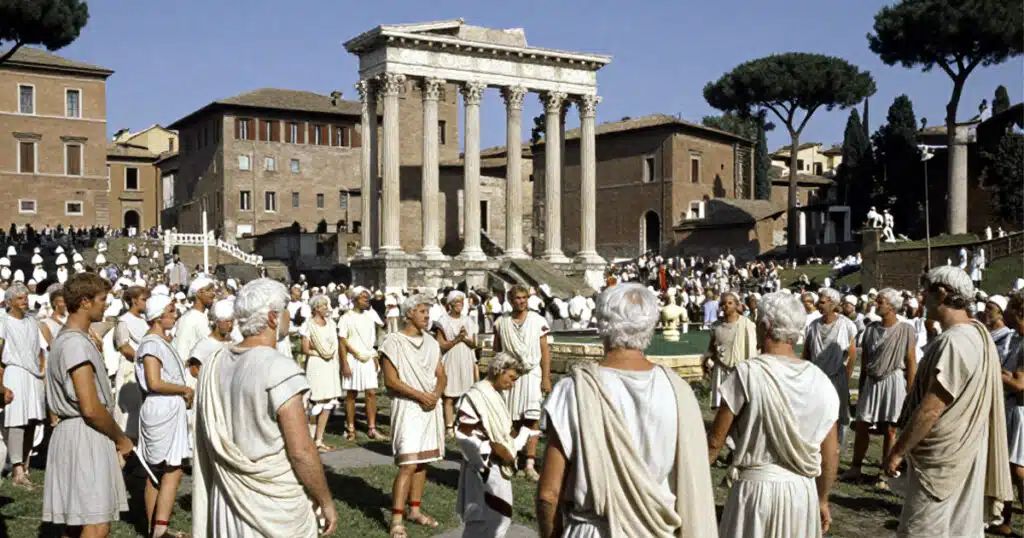
Be Serious, Default Wouldn’t Be ‘Catastrophic,’ Nor Will It Happen
No one lends or borrows dollars. They lend or borrow what dollars can be exchanged for.
Please keep this in mind amid all the hyper-ventilating over potential default. Janet Yellen, the walking, talking-est contrarian indicator on earth claims default would be “catastropic,” while the always and everywhere expert reverent Catherine Rampell tells readers “If you’re not afraid yet [about default], you should be.” Wise minds will be calm. This is such a non-story.
For one, As evidenced by the floating, occasionally very weak dollar over the decades, the U.S. has defaulted numerous times. And that’s not a partisan point. Left-of-center economists Carmen Reinhart and Kenneth Rogoff are clear in their book This Time Is Different that when FDR revalued the dollar from 1/20th of a gold ounce to 1/35th, the U.S. defaulted.
All of which brings us to the present. In contemplating the present, it’s useful to think about another book written by left-of-center reporters Peter Baker and Susan Glasser, The Man Who Ran Washington: The Life and Times of James A. Baker III. Baker and Glasser’s book was very fair, and among other things the authors noted about President Reagan was that much as he wanted a smaller, much more limited government, the act of achieving “it proved harder than Reagan’s team had imagined – every program they wanted to cut had a constituency, it seemed, often including fellow Republicans.” Translated, while some politicians want limited government, they all have at least one program that’s near and dear to them. Since they all do, government will always and everywhere grow as votes are traded back and forth so that everyone gets what they want.
Please keep what Reagan experienced top of mind with the latest battle over the debt ceiling very much in mind. What Reagan saw ably explains why no one need fear Treasury not paying its bills.
For now, though, consider what would happen if the debt-ceiling isn’t raised only for Treasury to cease paying its bills. Will this cause Treasuries to collapse and a global financial meltdown? Not a chance. To see why, consider what’s happened when fiscal brinksmanship has led to mere government shutdowns over the years. There’s been no panic, after which everyone eventually got paid. Even “non-essential” federal workers. Once back at work, they received back pay for time off of the job. Nice work if you can get it, which apparently you can if the gargantuan size of government is any kind of indicator.
Which explains why Treasuries won’t collapse if we reach “default.” In reality, there will be a rather liquid market for future claims on the U.S. Treasury. Same will be true if the warring between the White House and Congress results in a drawn out battle. Figure that Treasury yields actually fell (meaning their value rose) in the months after Moody’s downgrade of Treasury debt in 2011.
Back to what could happen in the form of a so-called “financial crisis” allegedly born of default, it won’t happen simply because every federal program has a constituency. It’s as basic as that. While it’s once again true that some in Congress might prefer a smaller government than others, everyone’s got a pet as it were. Since everyone does, it’s no reach to say that eventually the White House and Congress will reach agreement to raise the debt ceiling. Once the agreement is in place, bills will be paid and spending will resume.
The simple truth is that every senator and every congressman wants a cushy retirement. The latter is a function of a massive government the size of which lucratively employs politicians once they’re no longer politicians, and that employs various family members and friends while they are.
In short, any default will be very short. Politicians ultimately love to spend the money of others precisely because they love the money that finds them and those close to them for spending the money of others.
This article was originally published by RealClearMarkets and made available via RealClearWire.



